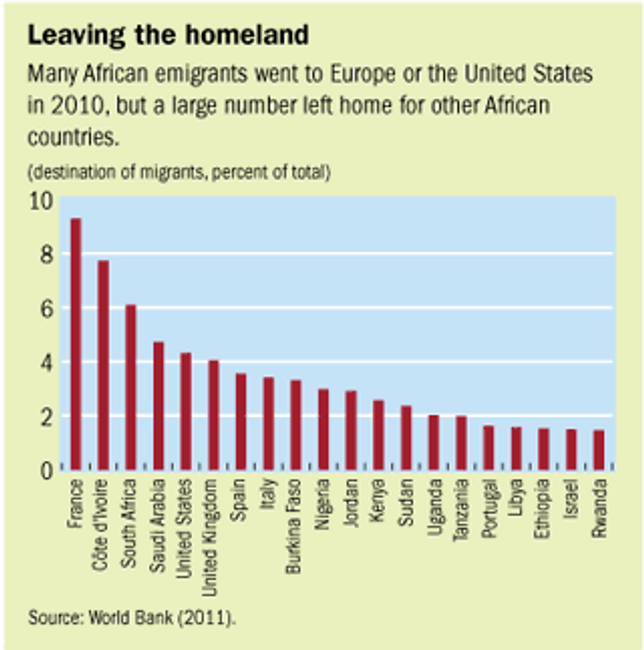Translate:
Get 20% off this month when you try our services!
EN
Translate:
Get 20% off this month when you try our services!

We advocate that the African diaspora should be considered not just as sources of finance for development, but also as development partners. While the diaspora may have the capacity and patriotic mind-set to contribute to national development, concerted efforts must be made by all stakeholders to develop policy objectives that could facilitate diaspora mobilization. However, capacity gaps still remain as far as the diaspora are concerned – poor policy choices, lack of clearly defined objectives, poor implementation plans, as well as weak and inaccurate data on the diaspora being just a few. Accurate data and statistics are important elements in developing a national diaspora engagement strategy .
Diasporas can play an important role in the economic development of their countries of origin. Beyond their well-known role as senders of remittances, diasporas can also promote trade and foreign direct investment, create businesses and spur entrepreneurship, and transfer new knowledge and skills. Although some policymakers see their nationals abroad as a loss, they are increasingly realizing that an engaged diaspora can be an asset — or even a counterweight to the emigration of skilled and talented migrants.
The impact of diaspora engagement is difficult to assess, due to the difficulty disentangling causation and correlation, and quantifying the impact of elusive goods like skills and knowledge transfers. However, we do know that governments can certainly do more to remove obstacles and create opportunities for diasporas to engage in economic development. Specific actions include identifying goals, mapping diaspora location and skills, fostering a relationship of trust with the diaspora, maintaining sophisticated means of communication with the diaspora, and ultimately encouraging diaspora contributions to national development. Governmental diaspora-focused entities in countries of origin need to play a dual role, both facilitating diaspora contributions to the homeland, and serving the diaspora.
Governments at both ends of the migration cycle increasingly recognize the value that diaspora populations bring to development efforts and are seeking ways to magnify the human capital and financial resources that emigrants and their descendants contribute to development in their countries of origin. Beyond the remittances they generate, diaspora members fulfill a key development role in their countries of origin: as major direct investors in critical and emerging industries, generous philanthropists and first movers in the growth of important sectors such as tourism, and in the development of human capital.
This is a content preview space you can use to get your audience interested in what you have to say so they can’t wait to learn and read more. Pull out the most interesting detail that appears on the page and write it here.
Copyright © 2018 DIASPORA for AFRICA SUSTAINABLE DEVELOPMENT (DIAFASUD) - All Rights Reserved.
Powered by GoDaddy Website Builder